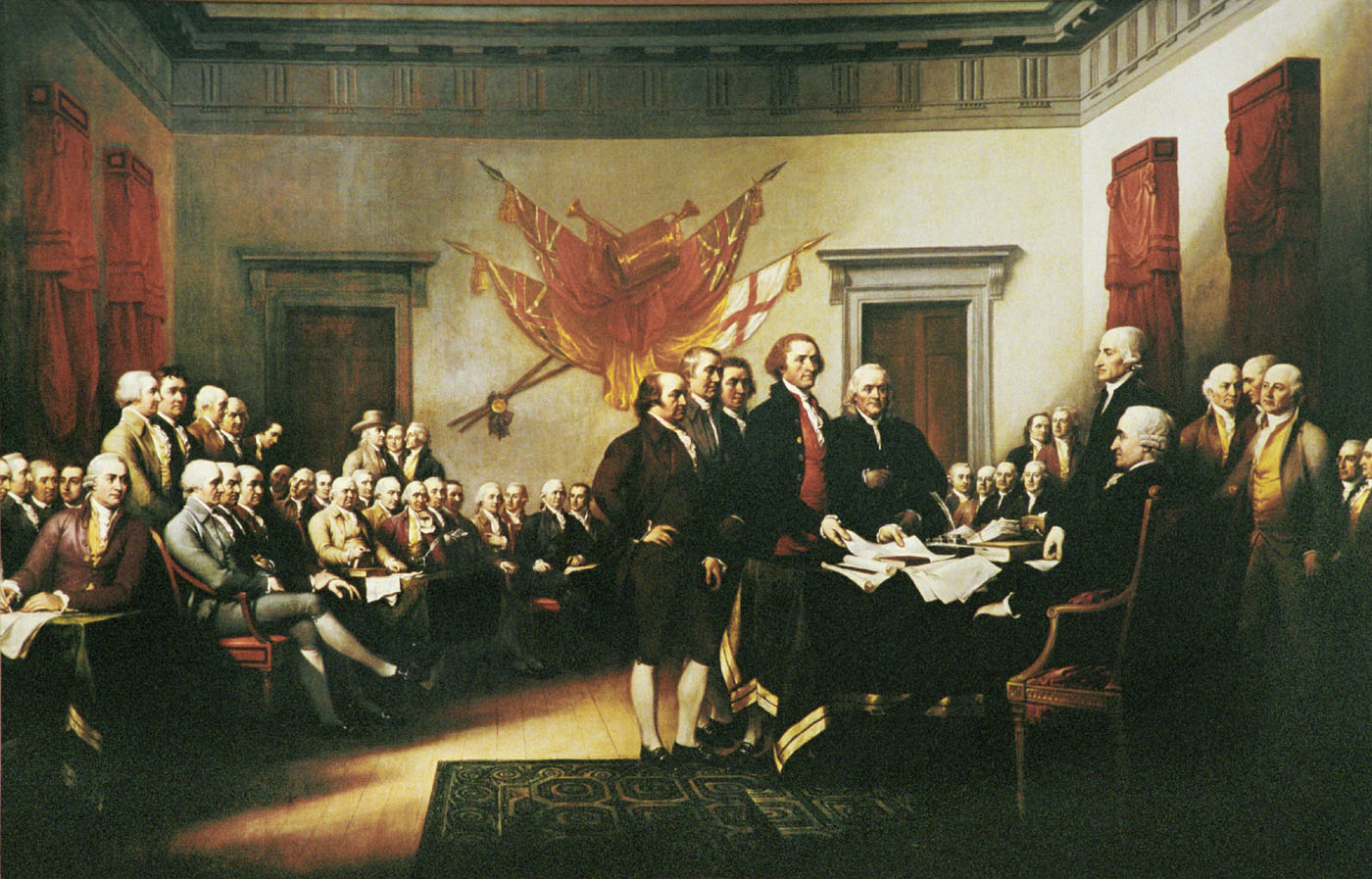"I would not like to be in this video," he said. "If I were in this video, I would hide."
I thought a bit about his wording. He didn't say: "I wouldn't want to be one of those guys," but rather that he didn't want to be in that video. Jacob watches a fair share of videos on the internet. He's seen John and Reed's favorite trick shot troupe: Dude Perfect; he watches Studio C whenever he has the chance; we've watched AFV many times, too; and let's not forget the videos of himself that Anna has recorded. His statement reveals that he may see life (at some level, anyway) as a series of video clips.
Interesting. There's been much talk and studies about violent video games and how that de-sensitizes some people to violence, and how some have trouble distinguishing reality from fantasy. There was one student at my former school who said something like: "I live in my fantasy world [gaming], and I leave it for a couple hours a day only out of necessity to join the real world." This post isn't about that type of fantasy world. I'm thinking about how integrated the digital world has become with reality. Watching videos, texting, youtube, iPads. Yeah, that's all been talked about, too--and my kids have taught me more about the computer and iPad than any other tech teacher I've had. Jacob's statement just caused me to look at it from a different perspective.
It's funny, I've thought about life as a video, too. I've often thought that there are various videos that I would like to watch in the postmortal life. Here are a some that top my list:
- Ammon's confrontation with the Lamanites around the watering hole. Gory, I know, but tell me you won't want to watch that, too;
- Egyptians building the pyramids (in a time-lapse video). I'll find out who really built them once and for all;
- The Incas building their amazing walls, for a similar reason as the above bullet;
- Where Obama's mom lived when he was born; can't get rid of that itch. . .;
- Just how a certain car got a scratch, so I can find the person who accused my son of scratching his girlfriend's car with the weed-whacker, show him how it really got scratched, and exonerate my son (okay, we probably won't be able to check out videos for purposes of "I told you so", so I guess that eliminates my last two);
- My ancestor, Sylvanus Brimhall, and his 80 foot raft he built in1824. The family affectionately called it "the Ark", and the son born during the time was named Noah. The family boarded the raft and went on a great migration, "floating down the great Allegany river, past old Fort DuQuesne, Pittsburg, into the beautiful Ohio, past many villages and the city of Cincinnatti. They landed at Lawrenceburg, Dearborne County, Indiana. (taken from an account of an ancestor)"; and
- Sit down with my sons, grandson, and great grandsons and watch the clips of my glory days of basketball when I could put down a drop step or 360 dunk.
I imagine my list will be pretty long by the time I get to login to Mortality.Hulu.com (I need to copyright that name).
I guess I rambled. It was fun for me.












